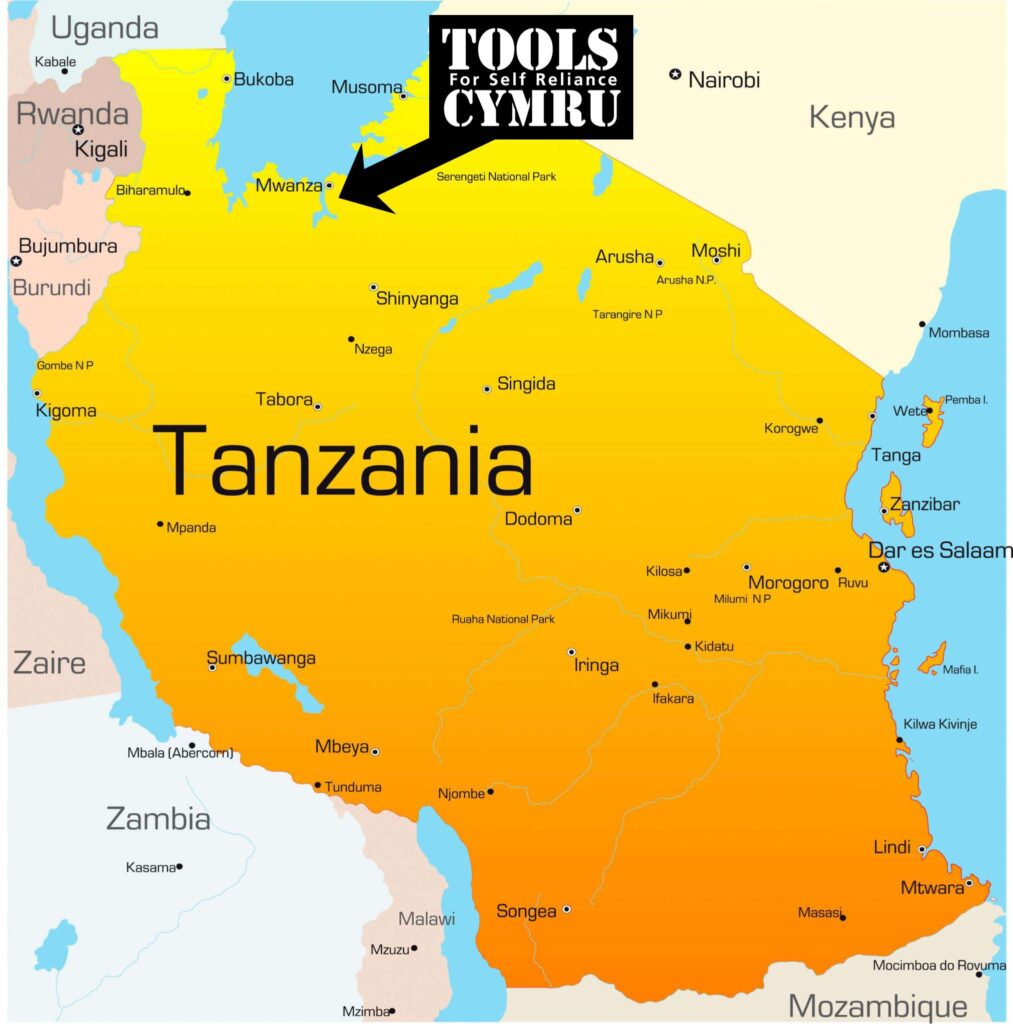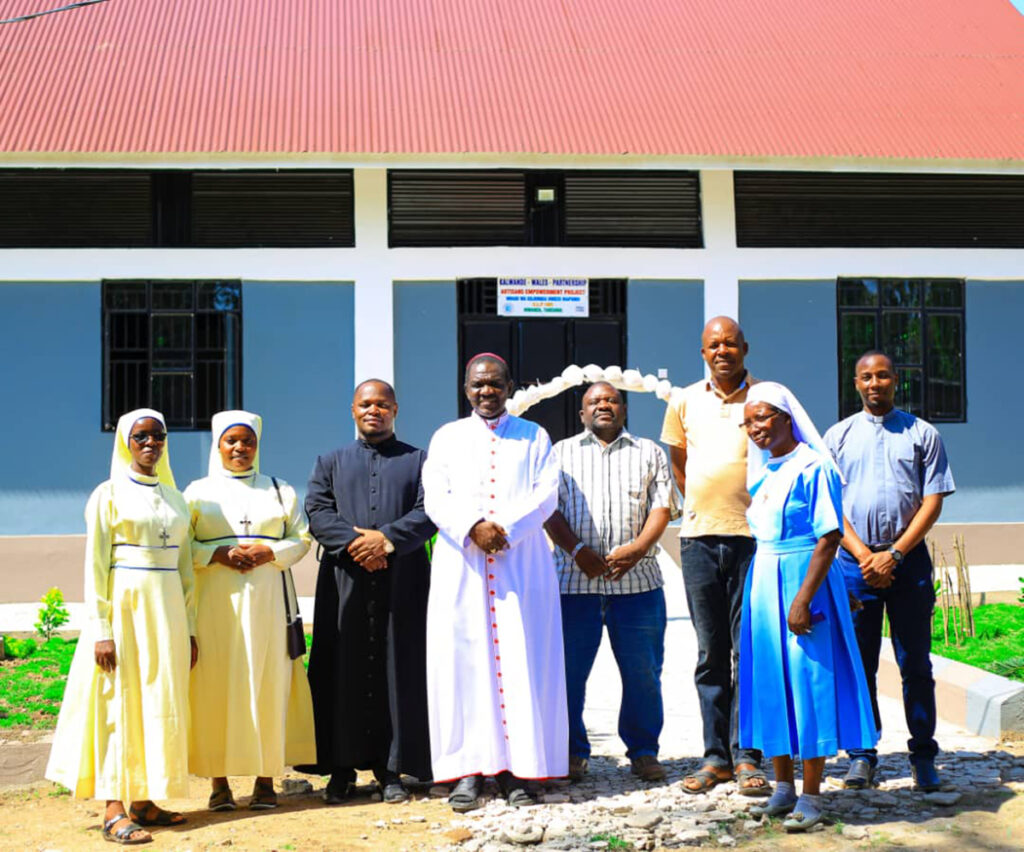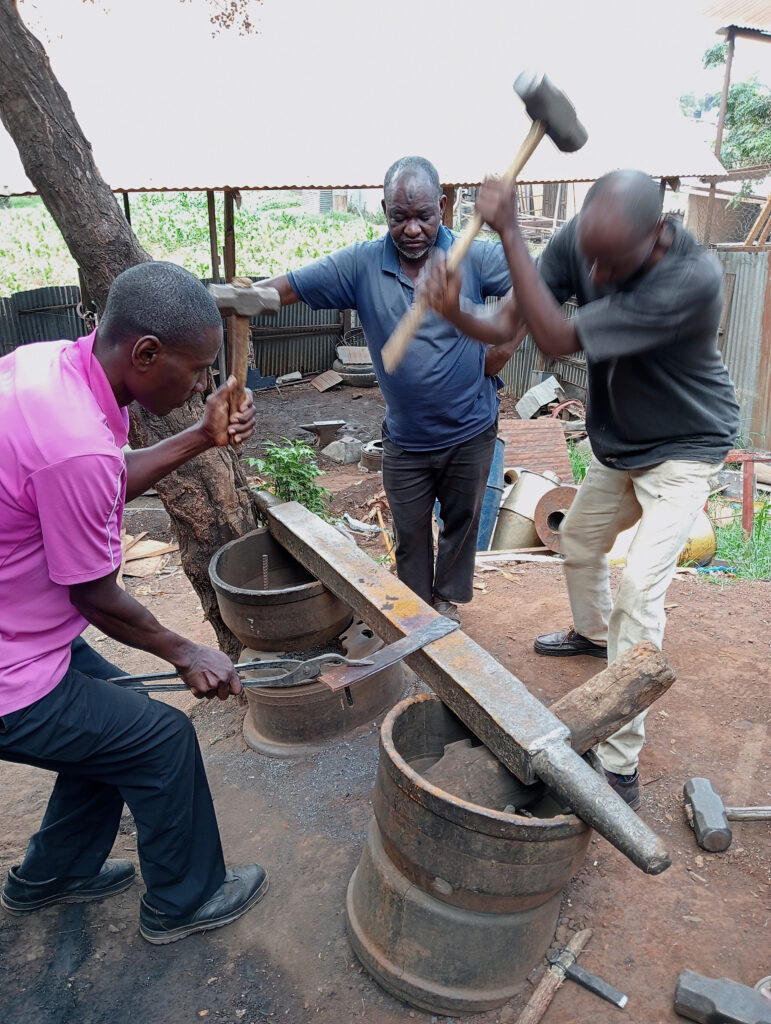Our Work in Tanzania
Tanzania is located on the east coast of Africa, just south of the equator and Lake Victoria.
It is home to Mount Kilimanjaro, standing nearly 6,000 metres tall, the highest peak in Africa.
The country also boasts the vast Serengeti Plains, world-renowned as one of East Africa’s premier wildlife regions, celebrated for the Great Migration and its abundance of large predators.
The nation was established in 1964 through the union of mainland Tanganyika and the island archipelago of Zanzibar.
Julius Nyerere, the country’s independence leader and revered baba wa taifa (“father of the nation”), governed for decades. His philosophy was clear:
“Man develops himself when he grows or earns enough to provide decent conditions for himself and his family; he is not being developed if someone gives him these things.”
This belief underpins our charity’s mission – empowering people to build sustainable livelihoods for themselves, their families, and their communities. Many years ago, one of our founders visited Tanzania and noticed that local artisans lacked even the most basic tools. From this realization, TFSR Cymru was born.
Tanzania – Some Quick Facts
Where we are

We send out the tools and sewing machines exactly as they are donated and the trained staff in Tanzania refurbish and distribute them.
- We are well known and respected
- We have worked in Tanzania for over 40 years
- We have full time local staff
- We visit regularly to see what’s working, what needs to change and what is needed – and to meet old friends and make new ones
Our work in Tanzania
Kalwande
The Kalwande Training Centre, located near Lake Victoria, is a rural vocational training institution run by the Catholic Church, though it welcomes students of all faiths without discrimination.
Originally established many years ago by Dutch missionaries, known locally as the “White Fathers,” the centre was later taken over by the Church and “Africanised.” Its mission became clear: to equip young people leaving secondary school with accredited trade skills, enabling them to earn a sustainable livelihood.
However, in time it found itself competing with the government-funded, city-based Vocational Education and Training Authority (VETA). This left Kalwande underfunded and struggling to attract enough fee-paying students.
We came across the centre by chance during a monitoring visit in 2020. Sadly, the pandemic forced us to cut the visit short, but even in just an hour we could see its potential – and the opportunity for a partnership that could strengthen both our charity and the institution.
The Director, Father Akriatus Kumbago, expressed strong interest, with full support from the Archbishop of Mwanza, Father Renatus Nkwande.
The campus itself is extensive – just 35km from Mwanza city – with workshops, classrooms, offices, and student accommodation. Yet, much of the site showed signs of neglect and was in clear need of revitalisation.
After careful consideration, the Board decided to conclude our long-standing partnership with SIDO (Small Industries Development Organisation) and dedicate all our resources to supporting Kalwande. This commitment was formalised through a Memorandum of Understanding (MoU) between our organisation and the centre. Our Project Officer, Michael Kimaryo, together with our four workshop staff, fully supported the change and officially began work at Kalwande on 1st March 2023.
As highlighted in our website newsletters, since 2020 we have already made significant contributions to Kalwande: delivering four container loads of tools and equipment, as well as running numerous short, free training courses.

We have also played a major role in improving the infrastructure, refurbishing semi-derelict buildings to create a sewing machine workshop a brand new refurbishing workshop and a temporary workshop space.
We have recently completed a new general workshop where our local staff can refurbish donated tools and prepare them for resale at affordable prices to both students and rural artisan groups.
We ship tools and sewing machines exactly as they are donated, and now the local team has the skills and equipment necessary to repair and restore them. By selling these items locally at very low, “peppercorn” prices, the initiative also generates a small degree of self-funding. Importantly, we’ve found that when artisans purchase their own tools, they tend to value and care for them much more.

Experience has shown that simply providing equipment is not enough.
For real impact, it must be paired with training—covering not only tool use, repair, and maintenance, but also business management and essential life skills.
Sadly, such training has often been lacking in rural communities.
Today, the outlook is bright—for Kalwande, for TFSR Cymru, and most of all, for the aspiring artisans whose futures depend on our support.
We value your continuing support in all our endeavours.
Support us
Help us support the people of Tanzania
Donations of tools, sewing machines, or financial contributions are always deeply valued and appreciated. They help to change lives.

